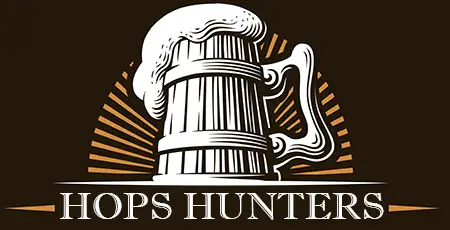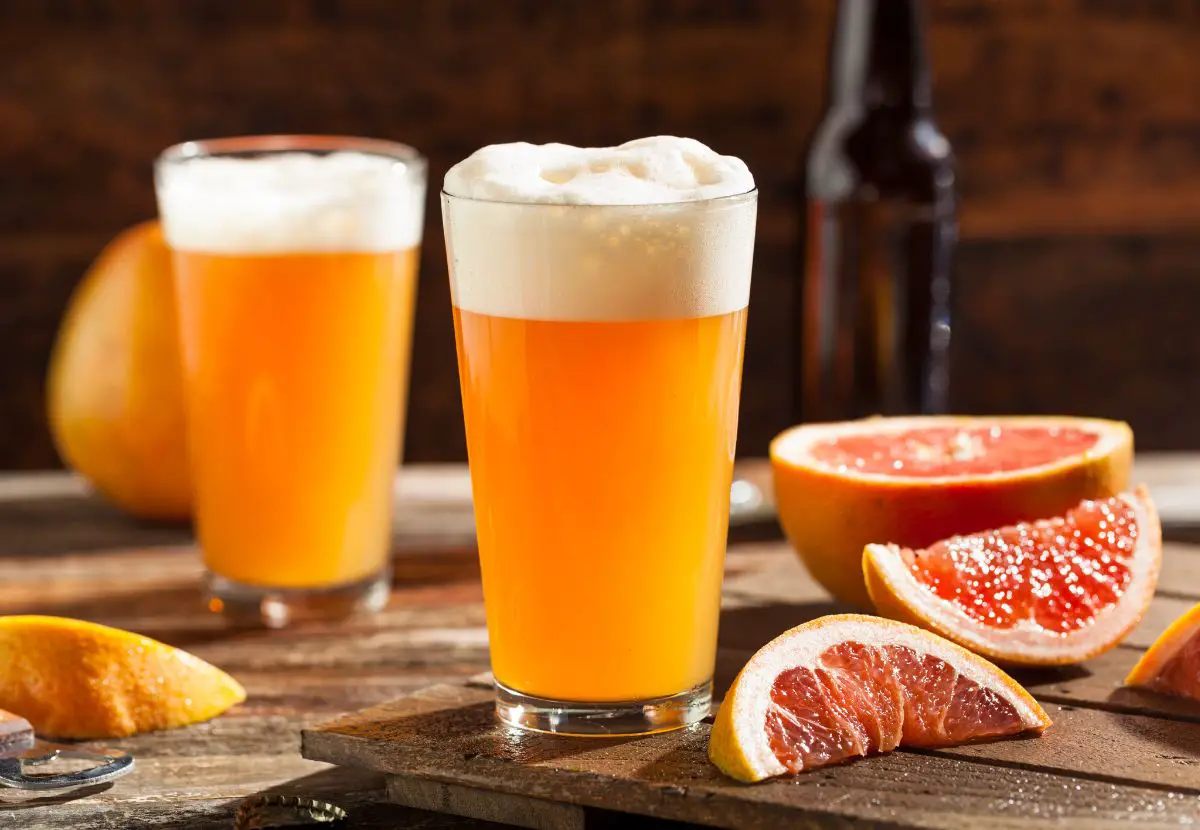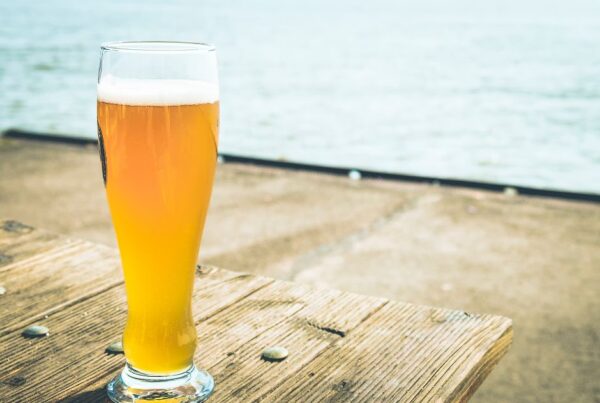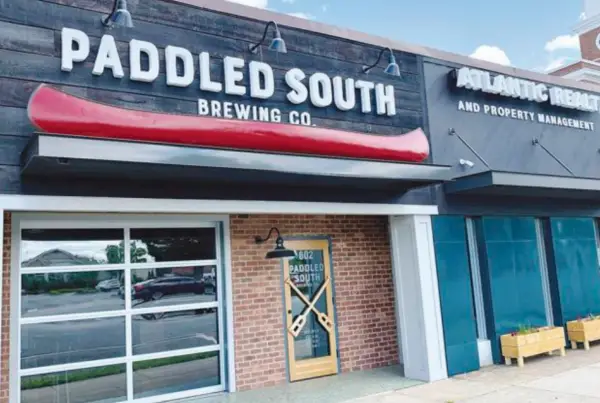Sour Beer: What It Tastes Like & How It’s Made
Sour beer, with its deep roots in ancient brewing traditions, can be a refreshing diversion from the types of beer that most of us have grown accustomed to. As a style, it can involve many unique blends of complex flavors—many of which challenge today’s more conventional beer palate.
In other words, sour beer takes us “back to the basics”—way before light lagers, pale ales, and craft beers took over the scene.
Sour beer isn’t just another “flavored” craft beer. It’s a genuinely unique, ancient drinking experience. It’s tangy, it’s tart, and it’s a whole lot of fun in every sip. (If you like sour, that is.)
A (Very) Brief History of Sour Beer
Sour beers tap into ancient brewing methods that date back centuries. Long before craft beer spots made it a popular choice, ancient civilizations were mastering the art of creating these tangy brews. Using natural fermentation and traditional methods, they laid the groundwork for what would become a beloved drink for many.
While a lot of people hadn’t heard of sour beer until recently, it isn’t just a recent fad—sour beer is made using time-honored techniques. From the Sumerians to the early Europeans, various cultures recognized and embraced the distinct flavors resulting from spontaneous fermentation.
In other words, this isn’t your grandpa’s brewing process. It’s your great, great, great, great, great, great-grandpa’s brewing process. (And trust me, he knew how to party!)
The natural elements played a major role in sour beer production. Without the controlled brewing environments of today—when you can even make your own beer at home with a kit if you wish—wild yeasts and bacteria from the air were responsible for fermenting the brew, imbuing it with its characteristic tartness. Reliance on nature’s whims made each batch of sour beer distinct, as the flavor was shaped more by the local environment and the seasons than by the brewer.
While contemporary brewers have refined and expanded upon ancient methods, the foundational techniques remain largely unchanged. Next, let’s take a closer look at how sour beer is made.
Behind the Scenes: How It’s Brewed
Hallmarks of sour beer brewing are wild yeast and bacteria. Unlike other beers that rely on cultivated yeast, sour beers go rogue.
Spontaneous vs. Mixed Fermentation
Spontaneous Fermentation
The beauty of this method lies in its unpredictability. By exposing the brew to open air, different yeasts/bacteria naturally present in the environment get to work, fermenting the beer. No cultivated yeasts are added—nature takes the wheel.
This results in beer with truly unique and regional flavoring, reflective of its specific brewing environment.
Mixed Fermentation
For those who like a bit of control mixed with their wild, mixed fermentation is another way to go. Here, breweries combine their regular cultivated yeasts with the wild bacteria and yeasts. It’s a calculated combination of the predictable and the wild, yielding greater control over the beer’s final flavor and quality, while still leaving a lot of room for some wild, tangy kick.
The Finishing Touch: Aging Sour Beer
After the initial fermentation, whether spontaneous or mixed, some sour beers are transferred to wood barrels to age. This is more than just a way to store beer for a while, it changes the flavors and characteristics of the brew.
As days turn into months, the beer draws flavors from the wood, be it oak, cherry, or other types. These wood barrels are often repurposed from previous uses like wine or whiskey aging, to give the beer more character.
Just like Uncle Dave, sour beer gets even more sour the more it ages. Except in the case of sour beer, the aging process not only elevates its taste, but also its complexity.
Different woods can add distinct characteristics, for example:
- Oak barrel aging tends to add vanilla notes and a certain “smoothness” to sour beer.
- Cherry wood barrel aging might impart some slight fruit notes, adding to the beer’s existing flavor profile.
- As mentioned, the previous contents of the barrel, such as wine or whiskey, can also leave residual flavors, providing more dimension to how a certain sour beer tastes.
What Does Sour Beer Actually Taste Like?
So, what can you expect when you take that first drink of a sour beer?
- Tangy – A subtle, refreshing sourness. It’s present, but doesn’t overwhelm.
- Tart – Think of the zing from a Granny Smith. It’s a bold flavor, but it doesn’t linger too long, making you crave the next sip.
- Complex – There can be many layers here besides just “sour.” Beyond the straightforward sour notes, you might pick up hints of fruit, wood, or even earthy tones.
- Sour. Not Bitter. – While IPAs are famous for their bitterness derived from hops, sour beers revel in their acidity (derived from their unique fermentation process). These two sensations are worlds apart.
If you’re into more than just the typical bar offerings and love diving deep into flavor profiles, the ancient flavors of sour beer might just be your next thing. But, as with any style of “specialty beer,” they might not be everyone’s cup of tea—or, in this case, glass of beer.
The only way to know if sour beer tastes good to you? Try it. Your ancestors would be proud, and probably a bit jealous of the variety available now.
But consider yourself warned—be prepared for surprises. And, perhaps, a new favorite style of beer.






